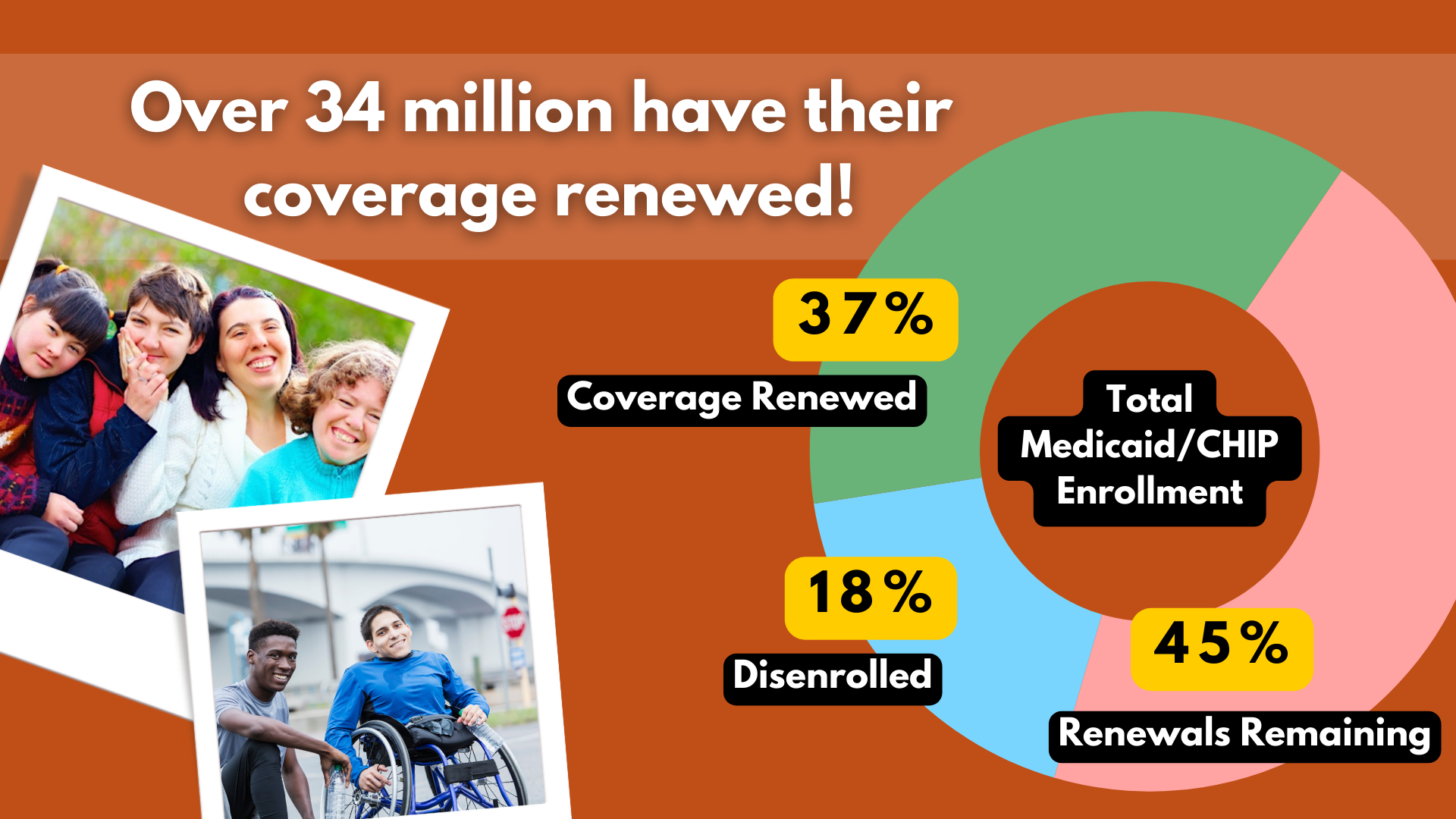OVER 34 MILLION HAVE THEIR COVERAGE RENEWED
As of February 13, over 16.9 million Medicaid enrollees have lost coverage, according to data from the Kaiser Family Foundation (KFF) with 42.8 million renewals still remaining. 32% of those who completed the renewal process disenrolled and 34.3 million enrollees were able to qualify for renewed coverage. The large range of disenrollment rates in each state varies, with the highest of 59% being in Arkansas and the lowest of 13% in Main. Out of all states with available data, 70% of all those disenrolled were due to procedural reasons.
The Commonwealth Fund released a blog on how Medicaid continues to protect beneficiaries from financial stress and the positives impacts it could have if expanded. These policies include specifying rules for noncovered but medically necessary drugs, increased coverage in services like dental and vision care, and a decreased use in waivers that limit retroactive eligibility.
KFF created an interactive dashboard on women’s health per each state. This dashboard includes topics like abortion policies and data, maternal and infant health, demographics, coverage, access and utilization, health status, and sexual health. Charts and infographics can be downloaded or shared on various social media platforms.
KFF put out a health tracking poll on the economic views and experiences of adults who struggle financially. This directly relates to adults with disabilities, as they face financial and health inequities. Within this group, black and Hispanic adults disproportionately make up the majority, as 1 in 5 say they have difficulty affording their bills each month. Over 8 in 10 adults who struggle to pay their bills reported struggles with going into medical debt.
KFF also reported on the racial and ethnic disparities in access to medical advancements, noting that there is a lack of diversity in clinical trials and continuous financial barriers to access to healthcare. The use of artificial intelligence and clinical algorithms perpetuate disparities and biases that further the decrease in diversity when it comes to healthcare policies and research.
Archives of our weekly updates are available on the NDNRC website.

